Iran’s President Ebrahim Raisi, 63, passed away in a helicopter crash, according to official confirmation. Along with seven others, the nation’s foreign minister Hossein Amir-Abdollahian, was also among the dead. Raisi, who was the second-most powerful figure in the Islamic Republic after Supreme Leader Ayatollah Ali Khamenei, met with disaster in the mountainous northwest of Iran. The helicopter went down in a foggy forested area, prompting an extensive search and rescue operation. State media later reported that no signs of life were found at the crash site.
Raisi, who was the second-most powerful figure in the Islamic Republic after Supreme Leader Ayatollah Ali Khamenei, met with disaster in the mountainous northwest of Iran. The helicopter went down in a foggy forested area, prompting an extensive search and rescue operation. State media later reported that no signs of life were found at the crash site.
A massive rescue operation in a foggy forest was apparently sparked on Sunday by the reported crash of a chopper carrying Iranian President Ebrahim Raisi, the Foreign Minister, and other dignitaries in the country’s hilly northwest. Subsequently, authorities declared that there was “no sign of life” at the accident scene.
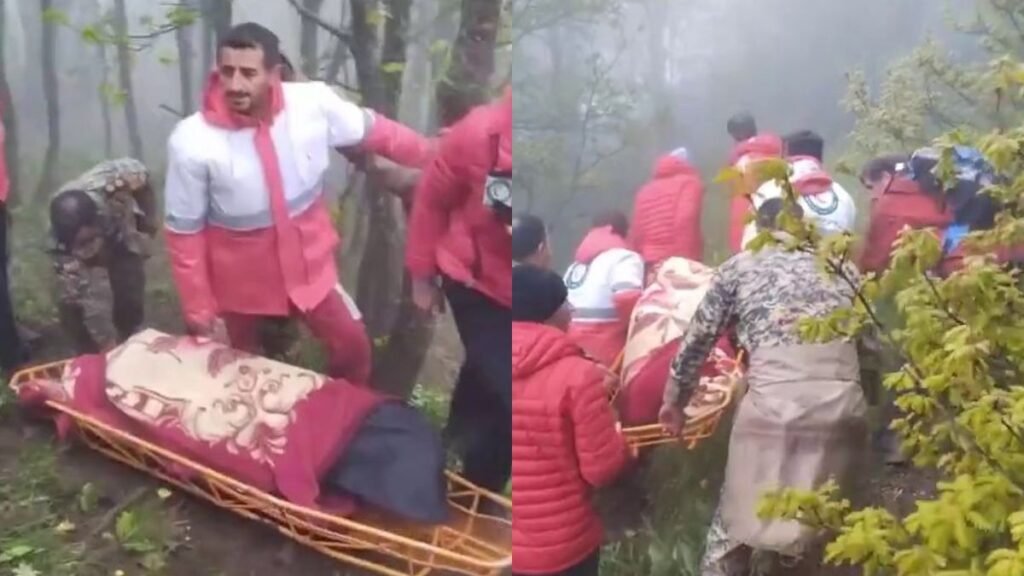
Following the death, Ayatollah Ali Khamenei, the country’s top leader, declared five days of public mourning. The executive branch will for time being be headed by Iran’s first vice president, Mohammad Mokhber and an acting foreign minister has been appointed. Ali Bagheri Kani, known for his role in indirect negotiations with the United States on nuclear issues and prisoner exchanges, has been appointed as the acting foreign minister.
In 2021, Raisi won the presidency in an election that was historically uncompetitive. In a country rocked by youth-led uprisings against religious control, he has presided over increased suppression of dissent. It is very unfortunate that the news comes during a volatile time in the Middle East, when fighting is still going on in Gaza. Weeks after Iran attacked Israel with drones and missiles in retaliation for a fatal attack on its diplomatic complex in Damascus, the chopper crashed.
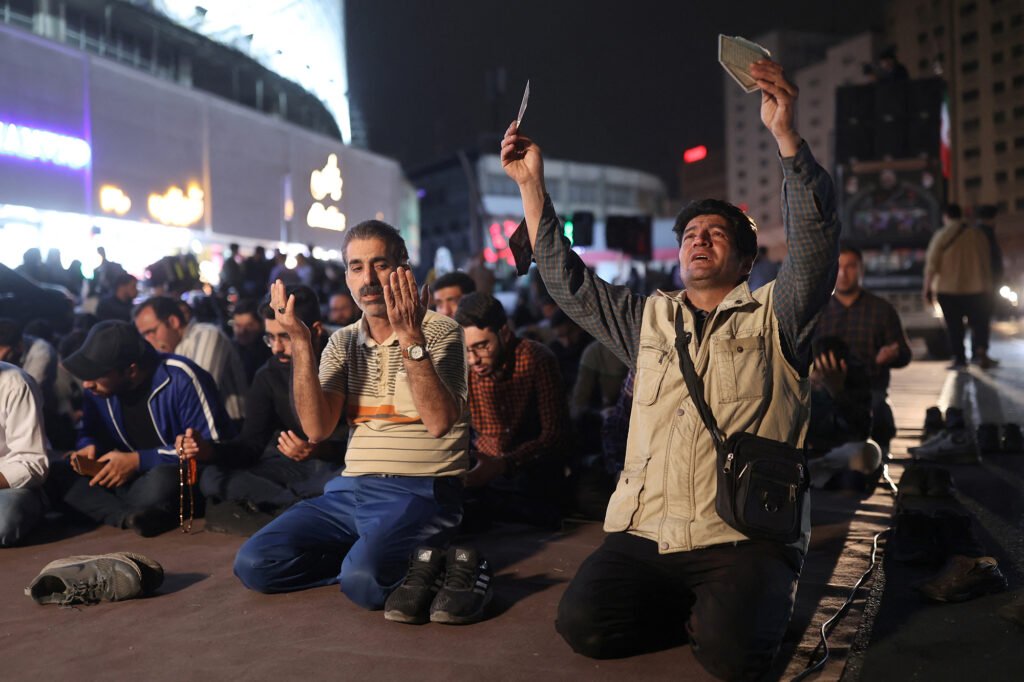
• After an hours-long search across a foggy, hilly region of the country’s northwest, Iranian President Ebrahim Raisi, the foreign minister, and others were discovered dead at the scene of a helicopter accident, according to official television.
• No immediate cause for the crash in the Iranian region of East Azerbaijan was provided by State TV. The governor of Iran’s province of East Azerbaijan, Iran’s foreign minister Hossein Amirabdollahian, as well as other officials and bodyguards, accompanied Raisi, according to the state-run IRNA news agency.
• A cabinet statement on Monday stated that the Iranian government will carry on “without the slightest disruption” in the wake of President Ebrahim Raisi’s death in a helicopter crash.
• Iranian President Ebrahim Raisi’s terrible death in the helicopter crash shocked and grieved Indian Prime Minister Narendra Modi on Monday.
• Following the death of Iran’s president, political unrest in key oil-producing nations contributed to the oil prices’ Monday increase.
• On Monday, the Islamist Palestinian group Hamas expressed its condolences for the passing of Iranian President Ebrahim Raisi, claiming that he had stood with the Palestinian people during the most recent conflict with Israel.
Following Hossein Amir-Abdollahian’s passing, Ali Bagheri Kani, who has guided Iranian delegations through covert talks with the US over nuclear matters and prisoner exchanges, was named acting foreign minister, according to state news agency IRNA.
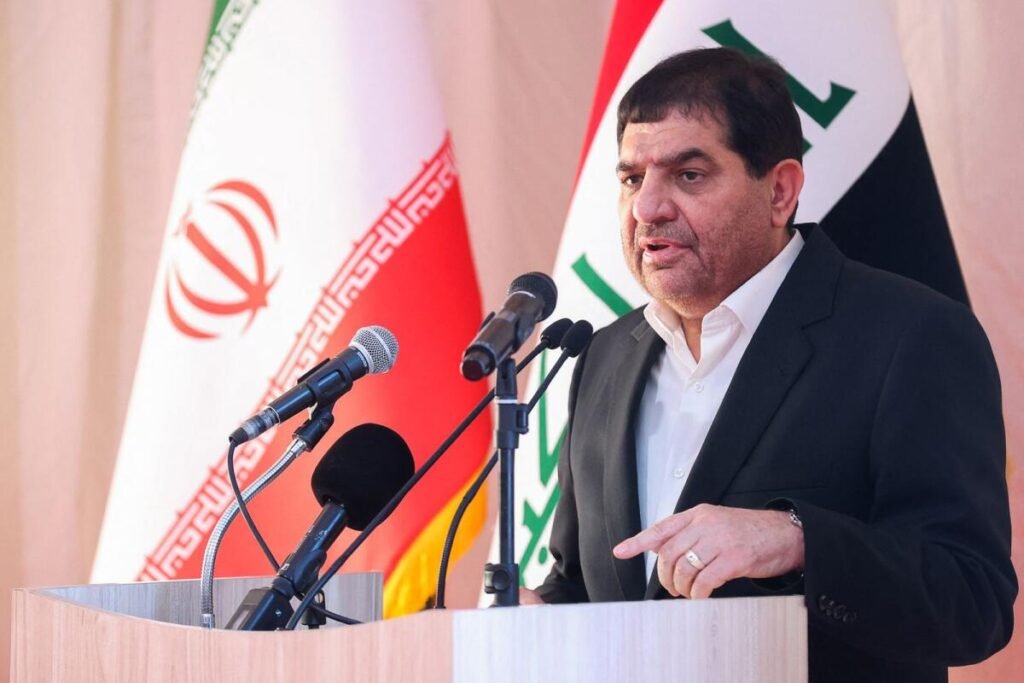
Regional and International Reactions
The helicopter crash occurred amidst heightened tensions in the region, particularly following Iran’s recent drone-and-missile attack on Israel in retaliation for a strike on its diplomatic compound in Damascus. This conflict has contributed to the ongoing war in Gaza, further destabilizing the area.
International leaders have expressed their condolences and concerns. Indian Prime Minister Narendra Modi stated he was “deeply saddened and shocked” by Raisi’s death. The Palestinian group Hamas also mourned Raisi, acknowledging his support for the Palestinian cause during the recent conflict with Israel.
Oil prices have responded to the news with an increase, reflecting the political uncertainty in a major oil-producing country. CNN’s Chief International Anchor Christiane Amanpour highlighted the instability the incident adds to the region, noting that it “couldn’t have come at a more unstable time” for Iran and the Middle East. She pointed out the heightened tensions between Israel and Iran and the ongoing humanitarian crisis due to the conflict.
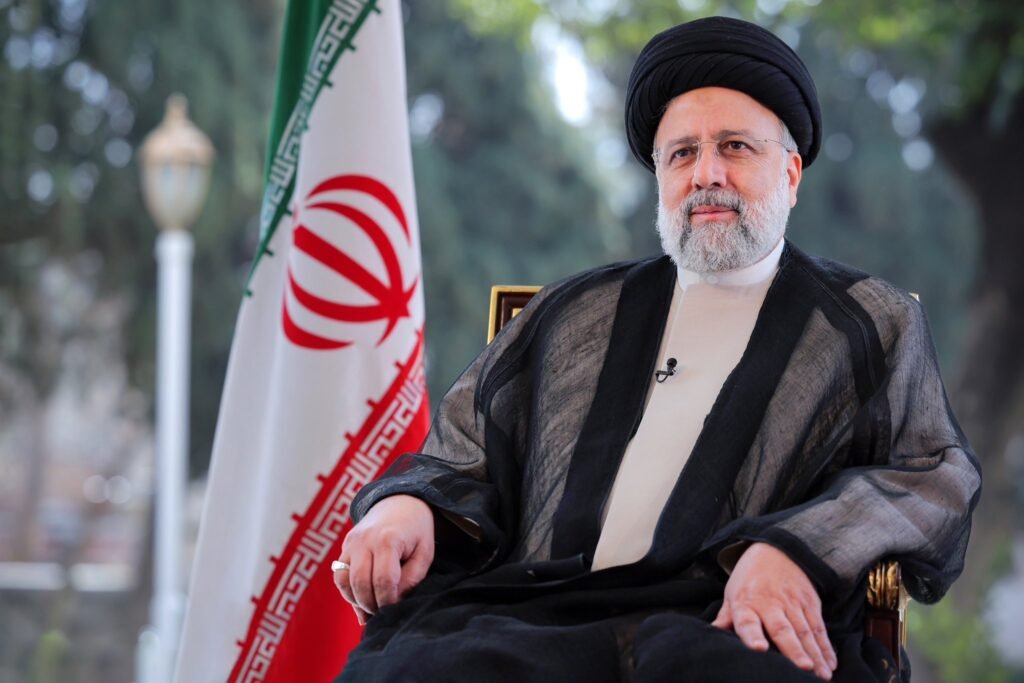
Global perspective
Raisi’s passing occurs as Israel’s conflict against Hamas enters its eighth month, exacerbating the humanitarian crisis and raising tensions in the region.
“The ongoing covert conflict between
Israel and Iran, which had been ongoing, became visible in the past few weeks,” Amanpour stated.
“You can imagine that one of the most important issues for the west, including the United States, is the Iran nuclear issue,” she continued.
As discussions with the US over how to resurrect the 2015 nuclear accord came to a standstill, Raisi assumed the presidency.” His absence could further complicate these already delicate talks.
The unexpected loss of President Ebrahim Raisi marks a significant moment for Iran, presenting both domestic challenges and international implications. As the nation mourns, the world watches closely to see how Iran navigates this period of transition amidst regional unrest.











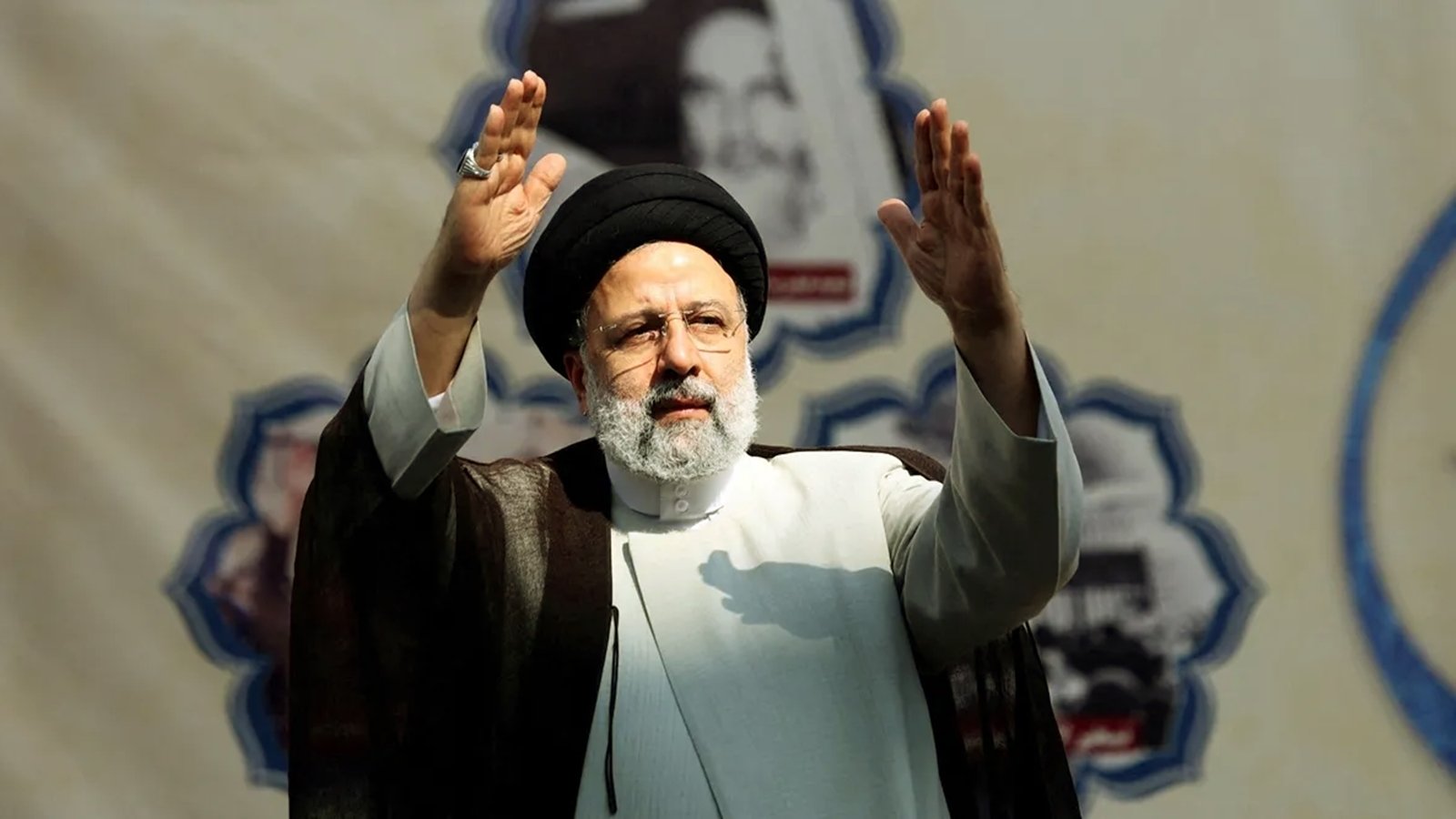
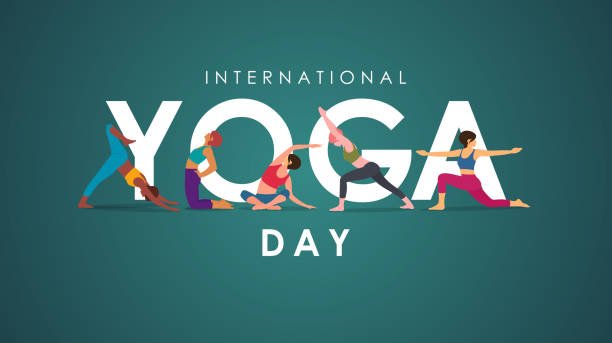
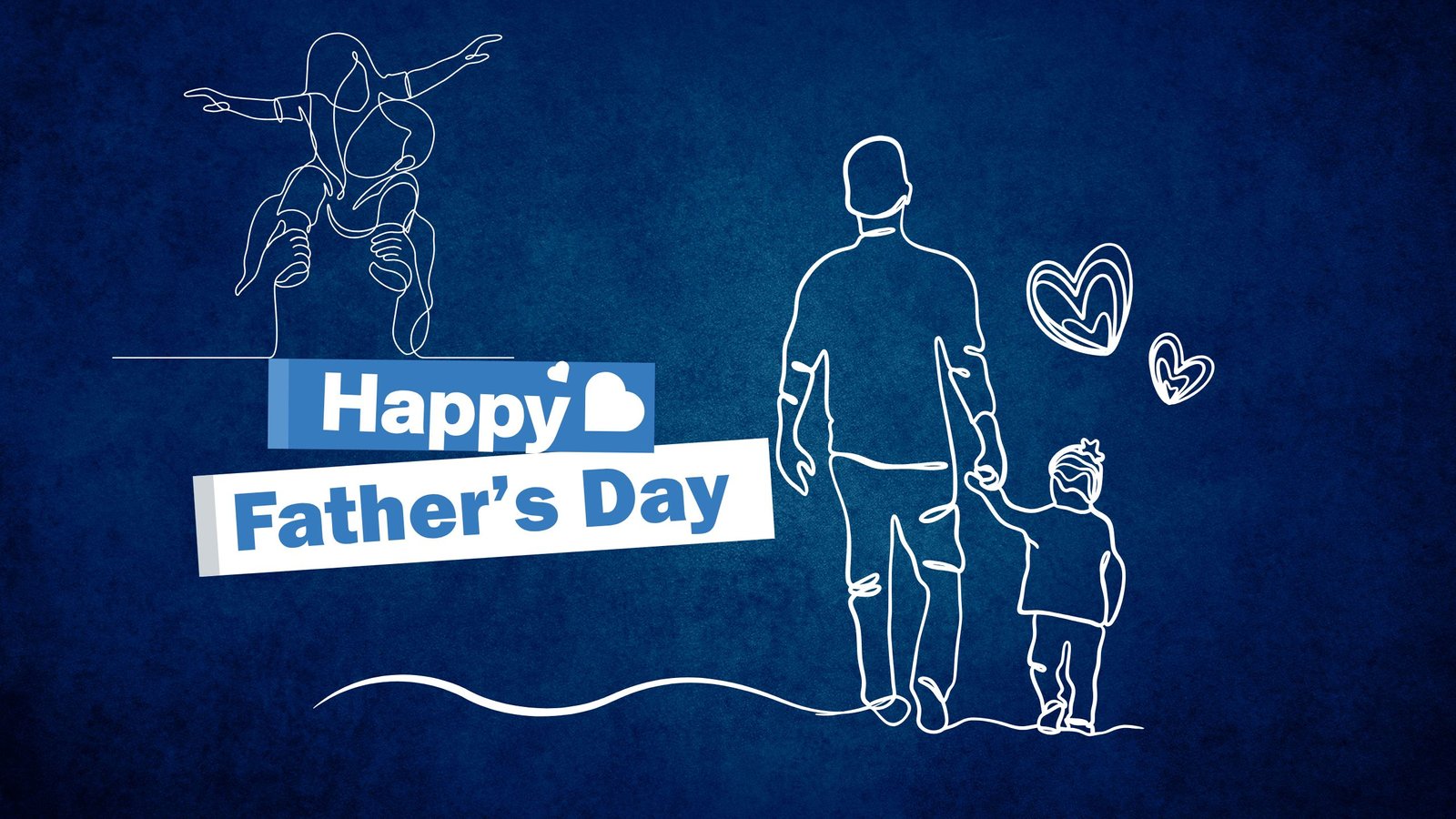
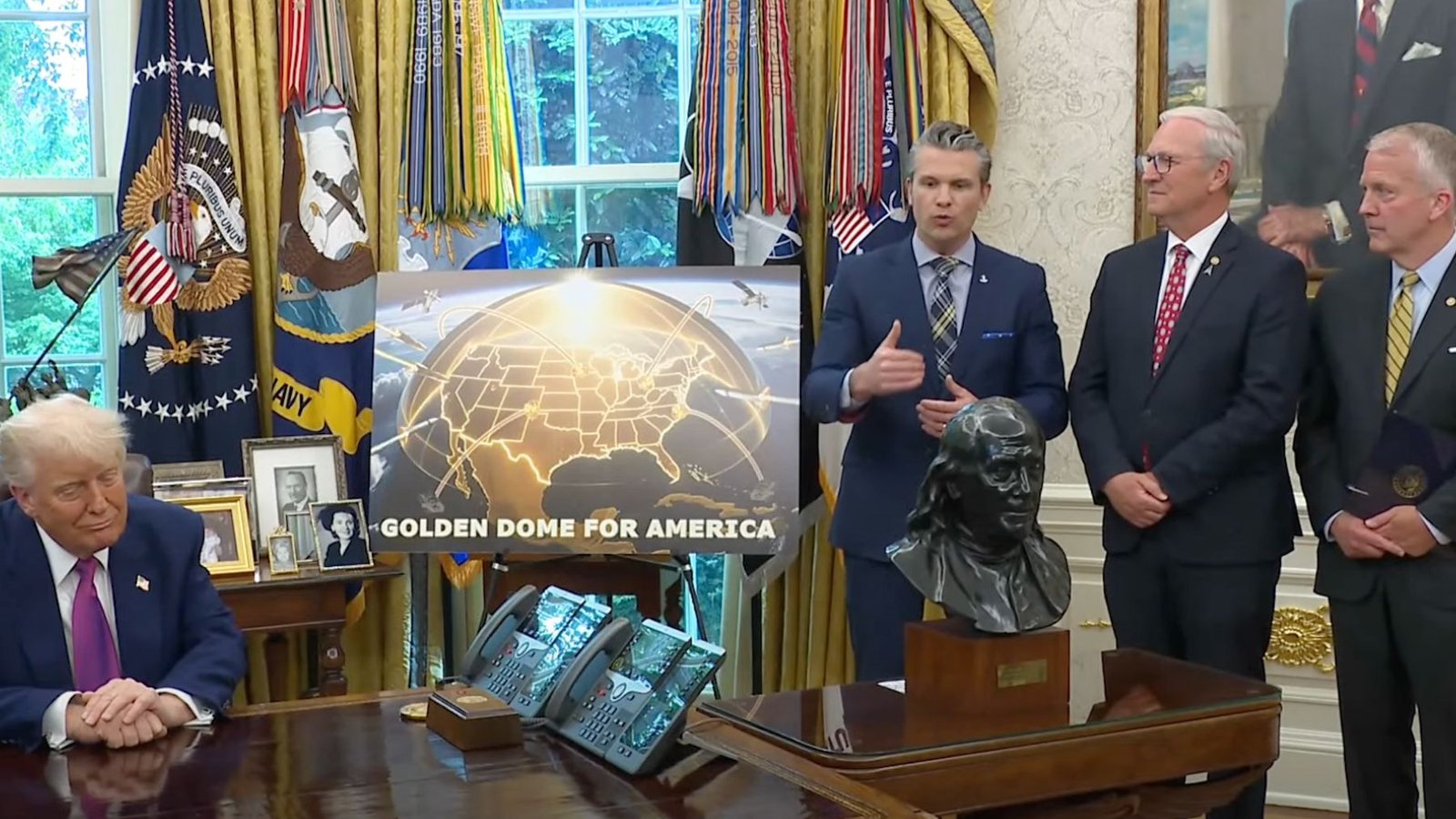

YouJizz There’s undoubtedly so much to know about this subject. I appreciate the perspectives you offered